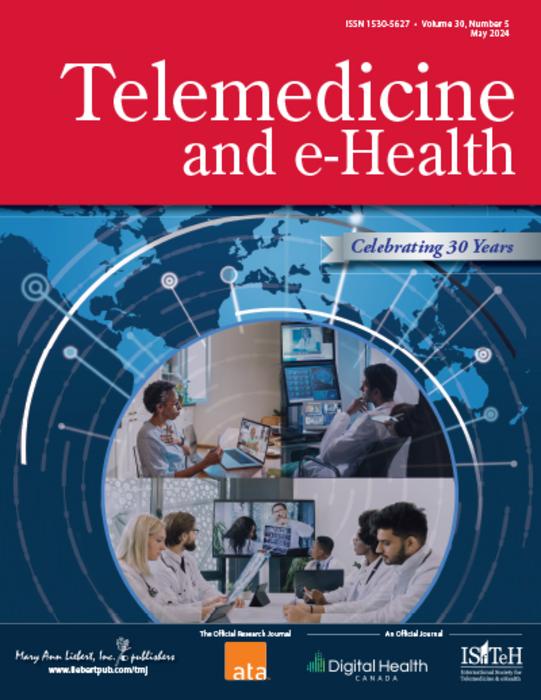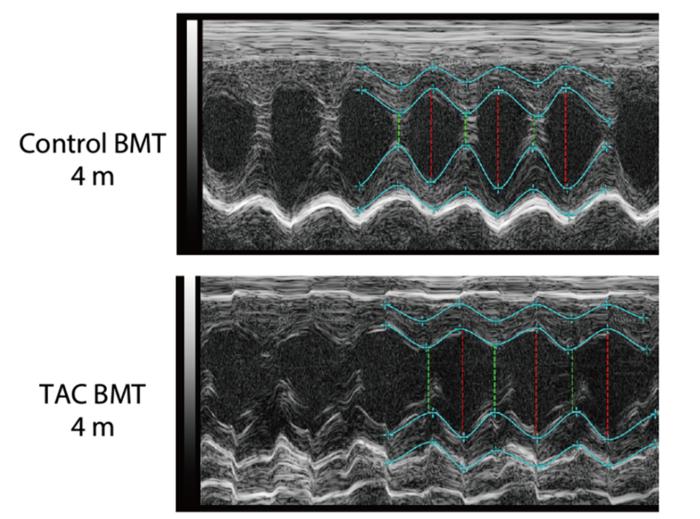Ochsner Transplant Institute’s Kidney Program Earns ELITE Status Recognition
NEW ORLEANS – Ochsner Health’s kidney transplant program, a prominent division within the Ochsner Transplant Institute, has recently been honored with ELITE Status by INTERLINK COE Networks & Programs, placing it among an exclusive group of transplant centers across the United States recognized for surpassing the highest standards in transplant care. This prestigious credential signals […]


NEW ORLEANS – Ochsner Health’s kidney transplant program, a prominent division within the Ochsner Transplant Institute, has recently been honored with ELITE Status by INTERLINK COE Networks & Programs, placing it among an exclusive group of transplant centers across the United States recognized for surpassing the highest standards in transplant care. This prestigious credential signals a remarkable achievement in the complex and demanding field of organ transplantation, where precision, innovation, and multidisciplinary collaboration are critical for patient survival and quality of life post-transplant.
Achieving ELITE Status requires rigorous demonstration of superior clinical outcomes through a comprehensive set of validated, risk-adjusted metrics that benchmark a program’s performance against national peers. The INTERLINK Performance Model evaluates numerous factors including patient survival rates, graft function longevity, post-transplant complications, and adherence to evidence-based protocols to ensure only the most effective programs receive this distinction. Ochsner’s elevated scoring not only reflects technical excellence in surgical procedures but also highlights the program’s robust patient management strategies and commitment to continuous quality improvement.
Dr. Ari Cohen, director of the Ochsner Transplant Institute, attributes this milestone to the collective commitment of a diverse team of specialists who coordinate care seamlessly. “Transplant medicine demands a high level of integration among surgeons, nephrologists, coordinators, nurses, pharmacists, and social workers,” he stated. The transplantation process encompasses far more than the operative phase; it begins with thorough patient evaluation, immunological testing, and optimization of medical comorbidities, and extends into lifelong post-transplant monitoring to mitigate rejection and infection risks.
Ochsner’s kidney transplant journey dates back nearly five decades to 1973, marking the institution as an early adopter of transplant technology and protocols. Over the ensuing 52 years, the program has evolved alongside significant advances in immunosuppressive therapies, surgical techniques, and patient selection algorithms, culminating in more than 3,500 successful kidney and kidney-pancreas transplants. The longitudinal experience offers invaluable data supporting continuous innovation, whereby emerging techniques like minimally invasive donor nephrectomy and enhanced HLA matching algorithms have been implemented in clinical practice.
Central to the program’s success is its multidisciplinary transplant team, which leverages a wide spectrum of expertise. Transplant nephrologists play a critical role in pre- and post-transplant care, managing complex immunosuppressive regimens and surveillance for allograft rejection. Surgeons employ refined microsurgical approaches to minimize ischemia times and optimize vascular anastomoses, directly impacting graft viability. Pharmacists ensure tailored immunosuppressant dosing by monitoring drug levels and preventing adverse reactions, while social workers and coordinators address psychological and logistical barriers, thereby improving adherence and access to care.
The kidney transplant procedure itself involves the intricate surgical removal and implantation of the donor organ, ensuring vascular and urinary tract reconnections under sterile conditions that minimize ischemic injury. Advances, such as hypothermic machine perfusion and normothermic regional perfusion technologies, have further enhanced graft preservation and function, thereby increasing transplant success rates. Moreover, immunological innovations including desensitization protocols have expanded donor-recipient compatibility, enabling highly sensitized patients to access transplantation more readily.
Immunosuppressive management represents a cornerstone of transplant success. Therapies combining calcineurin inhibitors, antimetabolites, and corticosteroids are carefully balanced to prevent organ rejection while reducing infection susceptibility and other adverse effects. The Ochsner team employs sophisticated monitoring, including donor-specific antibody assays and protocol biopsies, ensuring early detection of complications and prompting timely intervention. Their patient-centered approach emphasizes individualized regimens based on pharmacogenomics and evolving immune profiles.
Looking ahead, Ochsner’s kidney transplant program continues to integrate cutting-edge research with clinical care. Current investigations into tolerance induction, aiming to retrain the recipient’s immune system to accept the transplanted organ without lifelong immunosuppression, hold promise for transforming transplant medicine. Additionally, the incorporation of digital health tools enables remote monitoring and enhanced patient engagement, improving long-term outcomes and quality of life for transplant recipients.
Ochsner Health, serving the Gulf South region with a vast network of 46 hospitals and over 370 clinics, leverages its extensive resources to ensure accessibility to expert transplant care. Its recognition by INTERLINK COE Networks & Programs not only underscores Ochsner’s clinical excellence but also serves as a benchmark for other institutions aspiring to improve transplant outcomes through innovation and multidisciplinary collaboration. Such accolades contribute to the ongoing elevation of transplant standards nationwide.
In summary, the attainment of ELITE Status by the Ochsner kidney transplant program exemplifies an exceptional balance of surgical expertise, innovative care models, and holistic patient management. It reflects decades of accumulated knowledge and experience, now recognized at the highest national level. This achievement reaffirms Ochsner Health’s commitment to delivering transformative organ transplant care that can significantly impact lives, reduce morbidity, and extend longevity for patients with end-stage renal disease.
For those seeking more details on Ochsner’s transplant services or interested in the latest advancements in renal transplantation care, the Ochsner Transplant Institute provides extensive resources and support via their comprehensive website. This center’s model of excellence sets a new paradigm for what is possible in organ transplantation, intertwining scientific rigor with compassionate care.
Subject of Research: Kidney transplantation program quality and outcomes at Ochsner Health
Article Title: Ochsner Health’s Kidney Transplant Program Awarded ELITE Status by INTERLINK COE Networks
News Publication Date: Not specified in the source content
Web References:
https://www.ochsner.org/services/organ-transplants
https://www.ochsner.org/
Keywords: Organ transplantation, kidney transplant, transplant outcomes, ELITE Status, Ochsner Health, multidisciplinary transplant team, immunosuppression, graft survival, transplant innovation
Tags: clinical outcomes in transplantationcontinuous quality improvement in medicineELITE Status recognitionevidence-based transplant protocolsgraft function longevityINTERLINK COE Networkskidney transplant programmultidisciplinary collaboration in healthcareOchsner Transplant Instituteorgan transplantation standardspatient survival ratespost-transplant care strategies
What's Your Reaction?

































